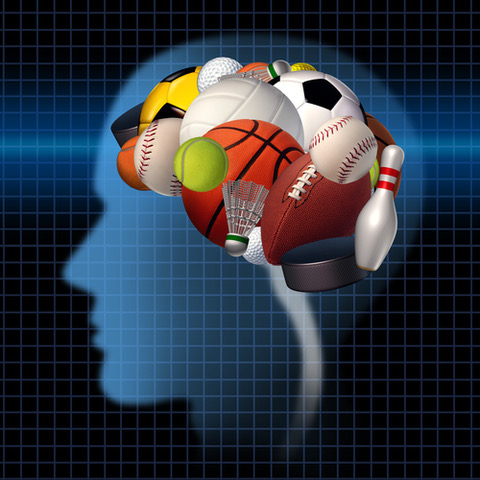Out-of-Office Athletic Services
BACKGROUND
Meet Karen Kravec, LCSW
My approach is rooted in a combination of my 25 years of clinical experience, and my own life as a parent, former coach and athlete. Over the past several years, I’ve seen headline after headline that included two of my passions- mental health and sports. Those headlines were often heartbreakingly somber. Yet, in complete contrast, I had firsthand knowledge of the exact opposite.
Of the hundreds of clients I’ve seen for trauma, often (not always) I found those that participated in sports frequently reported quicker symptom reduction and prolonged resilience. How could there be such vastly different outcomes? Why were the headlines not matching what I was seeing firsthand? This question took me on a six year journey to understand why.
I’ve interviewed countless coaches, athletes, and parents to determine where the disparity could be and why. What I discovered was simply being involved in sports wasn’t the buffer- it came down to how teams were run and managed. Every coach I met with wanted to be more mental health aware. They wanted their athletes to excel in their sport, but not at the expense of the joy. They were also very honest on where they thought they were doing well, and where they felt they were falling short. It became clear the disparity was not due to a lack of desire- it was due to a lack of concrete resources.
After collecting the predominant themes coaches wanted to learn more about and comparing it to my skill set and knowledge base, I set out to bring the two together in a cohesive way. There is tremendous pressure to be mental health savvy now, but the framework and foundation to support that pressure isn’t there. I set out to help build that foundation.



UNDERSTANDING THE BRAIN
Putting it All Together With The Neurosequential Model in Sport
Still searching for the reason I had seen sports be so helpful, I took 200 additional hours of training in this field. I finally found the “why” in the Neurosequential Model in Sport.
The Neurosequential Model in Sport was developed by neuroscientist Bruce D. Perry, M.D., Ph.D. in collaboration with Megan Bartlett, Founder of the Center for Healing and Justice Through Sport. It provided me with the brain science I’d been looking for. As a self proclaimed nerd, this was thrilling for me. We all know sports can mitigate stress, but now I know why. We all know teams that have good culture perform better, and now I know why. The list could go on and on.
The Neurosequential Model in Sport provided clarity of purpose as well. Teams can be both mental health aware, and perform at top levels, the two can coexist. Coaches do not need to reinvent the wheel to be mindful of player mental health needs, sports inherently have that built in when you know where to look.
Understanding the neuroscience of “why” was the last piece of the puzzle I needed. What previously had felt elusive, now had clarity. The Neurosequential Model in Sport gave me the framework I needed to help bridge the gap between the information coaches sought, and my clinical background.
UNLOCKING ATHLETIC POTENTIAL
What To Expect When Working With Me
One obstacle I found in talking to coaches was time. Exactly when were they supposed to become mental health savvy while also being parents, working, coaching, etc.? And if they did find the time, where would they go to learn? With this in mind, I determined the most efficient way to share knowledge was through concrete, specific, information sessions.
Earlier in my career I had been a trainer for six years. I loved training, and I loved making training fun and useful. Dry, concept heavy, material would put me to sleep. Still adamant that learning should be engaging, interesting (and often humorous), the sessions I offer will aim to give you actual tools to use, not just concepts to think about.
What does this mean for your organization or team? It means I will take often requested information and customize it for you. Want to know about ADHD or Anxiety and what it may look like in your practices? Maybe how to mitigate the pressure your athletes are feeling? Take a look at the list of some of the sessions that can be customized to your team’s goals.
Whether you are a little league club looking to enhance your mental health knowledge, or an elite private organization wanting to become more mental health aware, reach out, I’d love to hear about your needs.
Sports Consultations & Trainings
- Resilience Building
- Team Culture
- Maximizing Skill Acquisition
- The Role of Power in Sport
- How Sports HELP Anxiety
- Understanding Diagnosis in Sports
- Behaviors, Grit, and Overcoming
- Recognizing the Signs

ATHLETIC TRAININGS & CONSULTATIONS
Reduce Stress, Build Resilience, & Boost Performance in Sports
Get in touch to learn more and get started.
